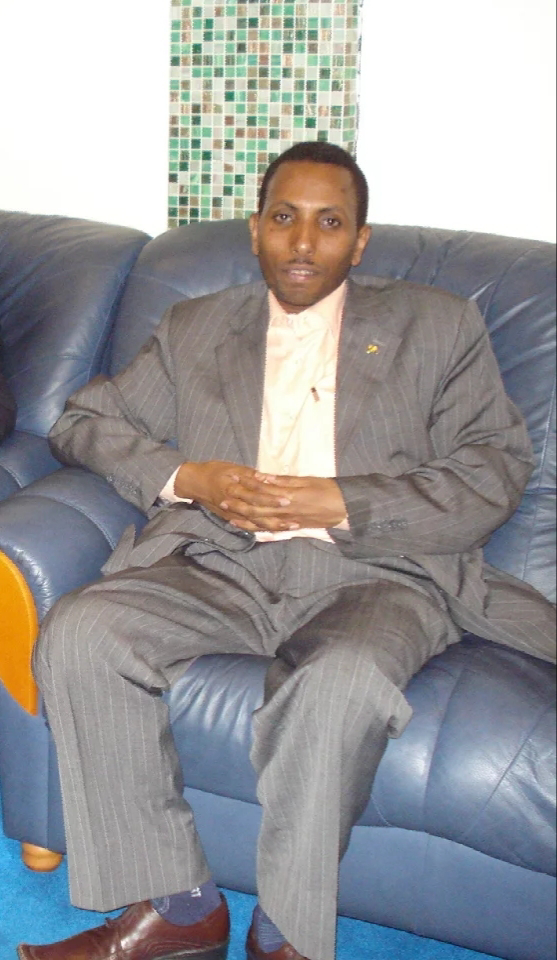February 08,2025
Ottawa, ON
Fascism is an extreme right-wing authoritarian political ideology distinguished by dictatorial governance, radical nationalism, and the systematic suppression of opposition. The following are the core components of a fascist state and its leadership:
Components of a Fascist State:
Authoritarian Leadership: This entails the concentration of power within a single, charismatic leader who demands absolute loyalty from their followers.
Nationalism:A profound allegiance to the nation often characterised by xenophobic sentiments and the assertion of national superiority over others.
Militarism:An emphasis on military power and using violence to implement policies or extend influence.
Suppression of Opposition: The active repression of political dissent through censorship, propaganda, and control over mass media.
Propaganda: The pervasive dissemination of propaganda aimed at shaping public opinion and reinforcing the regime's ideological framework.
Cult of Personality:
The leader's elevation to a near-divine status through various means, including propaganda, public rallies, and iconography.
Scapegoating: The attribution of societal challenges to specific groups (whether ethnic, religious, or political), which frequently results in their persecution.
Anti-Democratic Sentiments: A dismissal of democratic institutions and principles perceived as inherently weak or ineffective.
Economic Control: While complete state ownership is not always present, the regime often enforces substantial regulation favouring corporations that align with its interests.
Anti-Intellectualism: A scepticism towards intellectuals and academic institutions, promoting traditionalist values while critiquing modernist ideologies.
Characteristics of a Fascist Leader:
Charismatic Authority:The leader is perceived as a messianic figure, often positioning themselves as transcendent to legal and political norms.
Manipulative Communication: A proficient orator employing emotionally charged rhetoric to resonate with public anxieties and sentiments.
Intolerance: An overtly hostile attitude towards dissenters, minorities, and foreign influences.
Populism: A stance that claims to embody the interests of the general populace while attributing societal problems to elites or outsiders.
Militant nationalism:is characterised by a pursuit of national revitalisation or a resurgence to a prior state of prominence, frequently pursued through militaristic approaches."
Similarities to Fascism
1. Strongman Leadership & Cult of Personality – Trump positions himself as capable of "fixing" America and frequently frames his adversaries as threats to the state. His campaign rallies, branding strategies, and demands for personal loyalty reflect aspects of fascist-style leadership.
2. Nationalism & Scapegoating– His "America First" narrative corresponds with nationalist ideologies, and he often attributes societal issues to immigrants, minority groups, and the media.
3. Propaganda & Media Attacks – Trump routinely assails the media, labelling it as "fake news" and "the enemy of the people," a strategy analogous to those employed by fascist regimes to undermine independent journalism.
4. Populism & Anti-Elite Sentiment – He presents himself as an outsider combating corrupt elites, an everyday populist appeal found in fascist movements, despite his substantial wealth and political influence.
5. Undermining Democracy– His efforts to challenge the legitimacy of the 2020 election, incite political violence (as evidenced by the events of January 6), and disregard democratic norms reflect authoritarian methodologies.
Differences from Full Fascism
1. No Complete State Control – In contrast to historical fascist regimes that completely dismantle democratic institutions, Trump did not entirely undermine these frameworks, with the U.S. system of checks and balances constraining his authority.
2. Lack of Militarization* – Although he admired military prowess, he did not establish paramilitary forces or seek overarching military dominance.
3. No Fully Centralized Economy – Trump maintained adherence to capitalist policies and did not advocate for state-controlled economic systems typical of historical fascist regimes.
Conclusion
While Trump displays authoritarian and nationalist traits that coincide with certain fascist tendencies, he does not entirely conform to the established historical definitions of fascist leaders such as Mussolini or Hitler. Some scholars have characterised his approach as "authoritarian populism" or "proto-fascism."

No comments:
Post a Comment